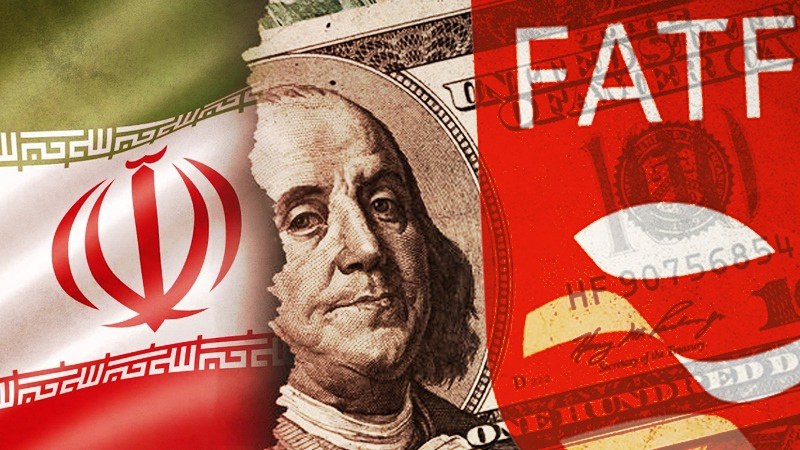FATF's blacklisting has no impact on Iran's economic transactions: MP

Speaking to Mehr correspondent on Monday, Mohammadreza Pourrahimi, a member of the Iranian Parliament’s economic commission, said “even before the FATF’s blacklisting, there were practically no open economic transactions between Iran and other countries; therefore, the move had no actual impact on our exchange rate system; the announcement only left a psychological impact on the market.”
“When the Americans signed the nuclear deal with Iran, the FATF had no exchange cooperation with the Islamic Republic. They did not even allow Iran to carry out the smallest financial transactions through official channels,” he added.
“The FATF’s recent move confirms Europe’s and the US’ measures against Iran,” he stressed.
“Even before the decision, the Islamic Republic was able to bypass the sanctions, and it will continue the same path,” he added.
On Feb. 21, the Paris-based 39-member task force blacklisted Iran, claiming the country has failed to take measures against money laundering and the financing of terrorist groups.
In October 2018, the purported global finance watchdog gave Iran four months "for the sixth and last time" to ratify bills relating to the campaign against money laundering and funding terrorism.
Out of the four bills required by the FATF, Iran has already accepted two, but the other two bills have been stalled amid worries that they may expose the country to financial spying and new sanctions on Tehran.
In October 2018, the Iranian Parliament passed a bill on combating the financing of terrorism as part of the country's implementation of international standards set by the FATF.
Iran says the move by the Financial Action Task Force (FATF) to place the country on its blacklist was a politically-motivated decision, emphasizing that the Islamic Republic can never be labeled with money laundering and financing of terrorism.
Source: Mehr

